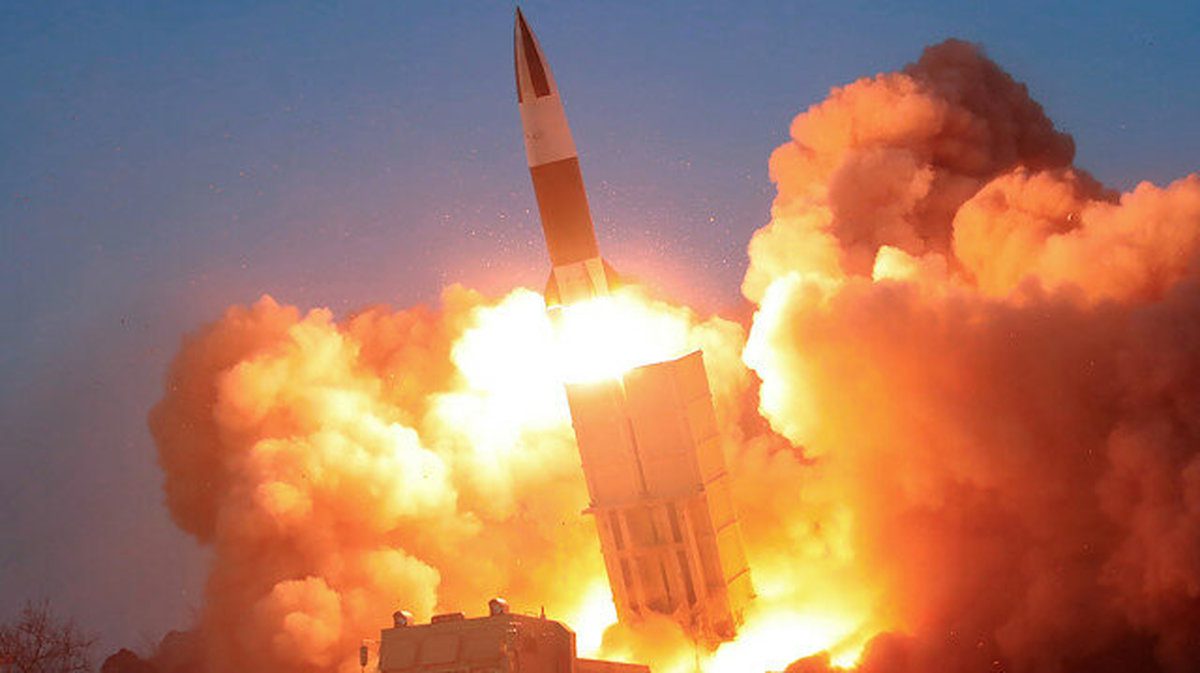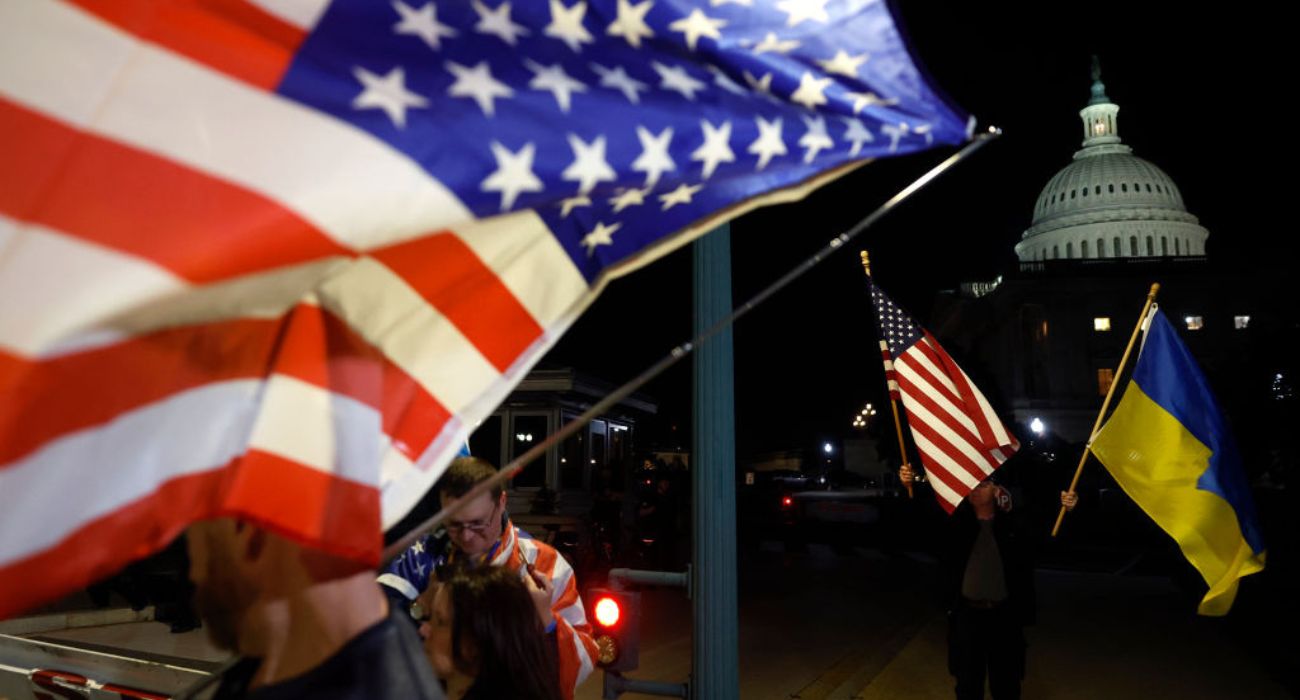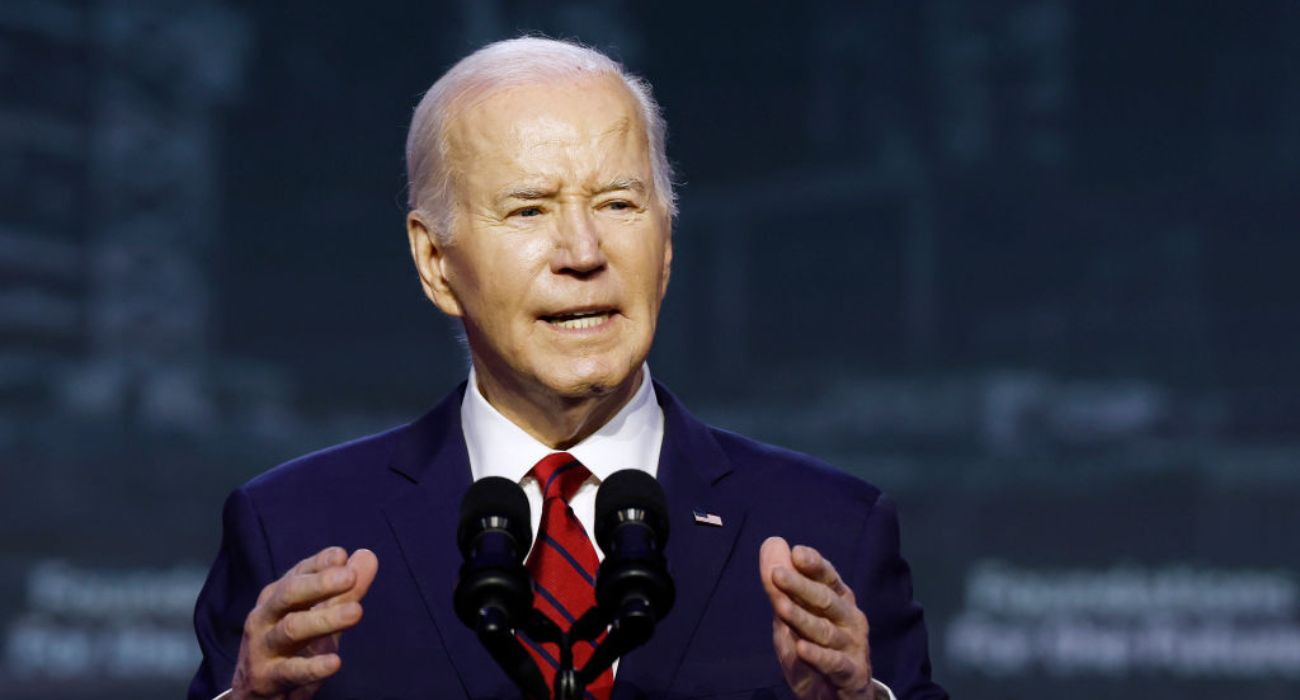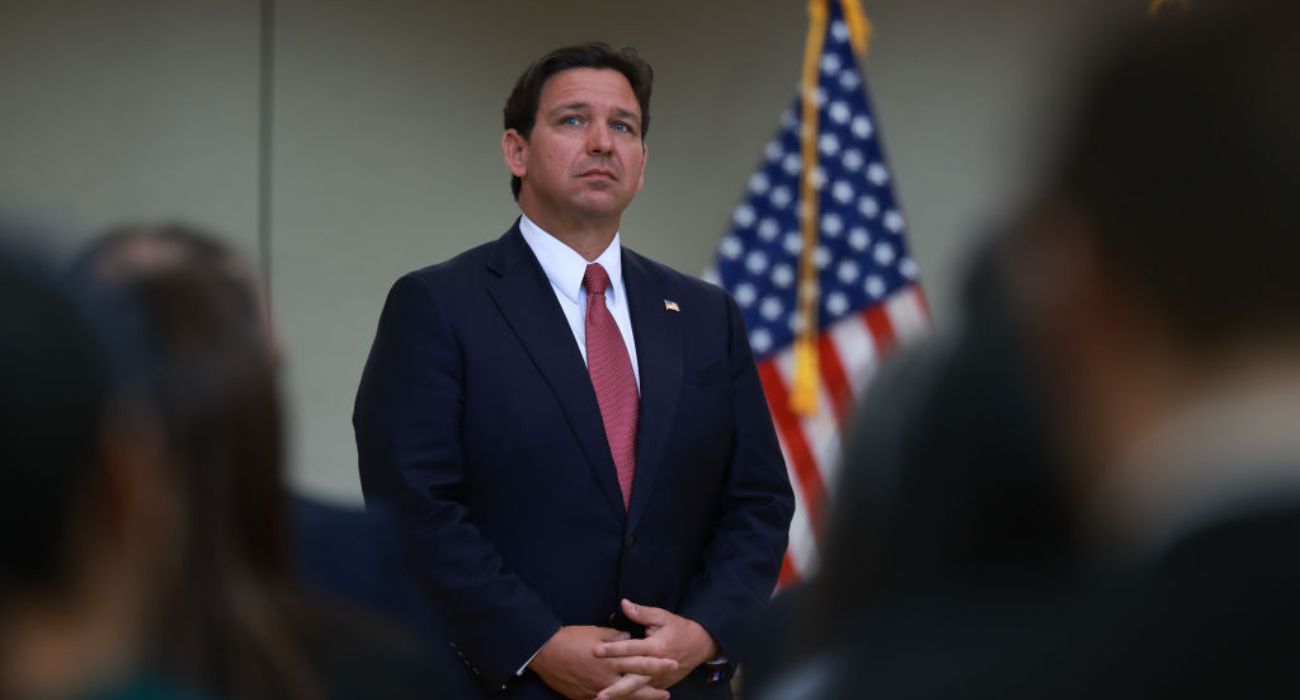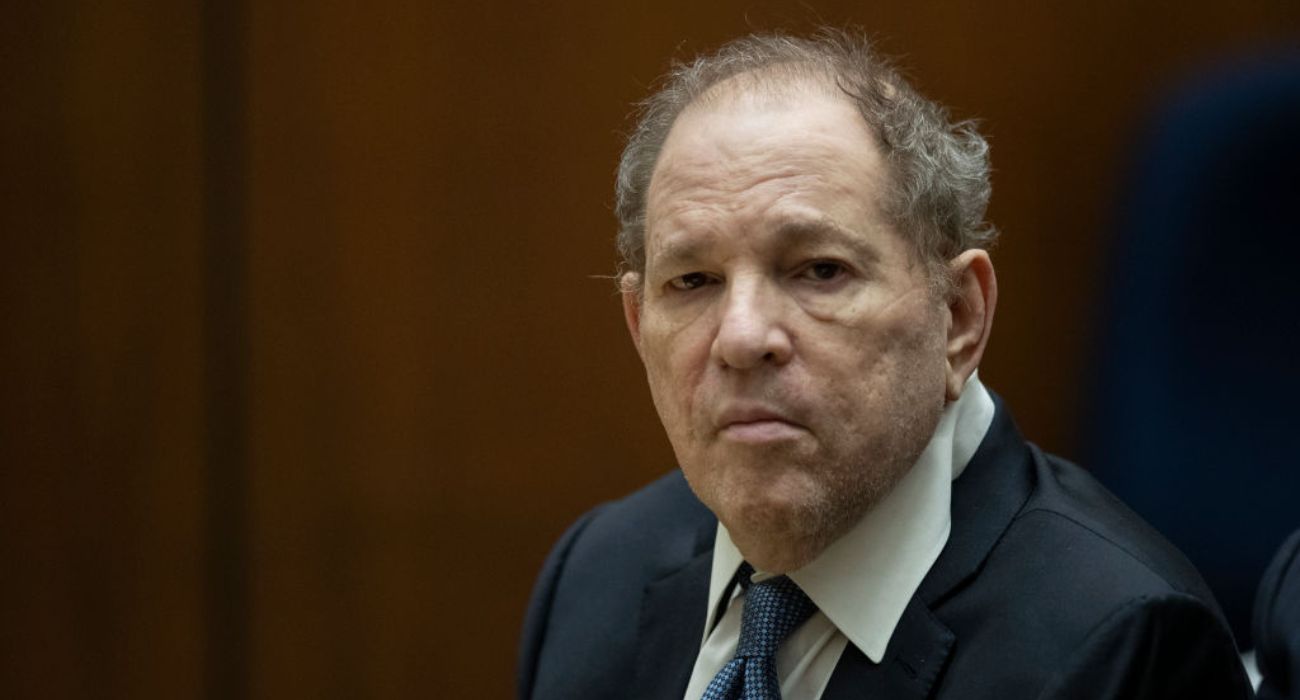On Friday, March 25, North Korea confirmed that it successfully conducted a test launch of its largest intercontinental ballistic missile (ICBM) to date.
Citing the Japanese Defense Ministry, Reuters reported the alleged ICBM flew to a height of 3,728 miles and covered 671 miles in 71 minutes before crashing off the western coast of Japan on March 24.
The launch on March 24 was North Korea’s eleventh this year, including a failed attempt on March 16. If the reports are accurate, this marks North Korea’s longest-range missile test, surpassing its previous ICBM, released in November 2017.
Media in North Korea report Supreme Leader Kim Jong Un stated the country was preparing for a protracted confrontation with U.S. imperialism. Reuters reports that its strategic force was ready to check and contain any military attempt by the U.S.
On Thursday, Makoto Oniki, Japan’s state minister of defense, told reporters that the missile’s altitude suggests it is a “new type of ICBM,” indicating that North Korea is getting closer to building weapons that can target the U.S.
Later, NPR reported the North Korean news agency announced the release of a Hwasong-17 ICBM, the most recent confirmed variant of the missile in the country.
The U.S. Joint Chiefs of Staff (JCS) said it detected the launch from in and around the North Korean city of Hamhung, on the country’s east coast, at approximately 8 a.m. The JCS did not elaborate further.
“Our military is keeping close tabs on related North Korean movements and maintaining a readiness posture,” the JCS message sent to reporters said.
An increasing number of experts believe that North Korea’s leader is conducting the missile tests to demonstrate the country’s continued relevance in the global power struggle.
Leif-Eric Easley, international studies associate Professor at Ewha Woman’s University in Seoul, wrote, “North Koreans probably see redoubled U.S. sanctions on Tehran through the prism of regime change. Pyongyang may now point to Iran’s case to justify resisting denuclearisation (sic) and enhancing its self-avowed strategic deterrent for regime survival.”
Easley claimed North Korea also wants to reverse the postwar security order in Asia.
The conservative near-future President of South Korea, Yoon Suk Yeol, who is expected to take a tougher stance against North Korea than departing officeholder President Moon Jae-in, will be tested just two weeks after his election.
The U.S., Japan, and South Korea, strongly denounced North Korea’s missile launch and urged Pyongyang to refrain from provocative actions.
According to Yahoo News, U.S. State Department spokeswoman Jalina Porter said Russia and China should advise North Korea to refrain from further “provocations” following the resumption of ICBM testing.
“We urge all countries to hold the DPRK (Democratic People’s Republic of Korea) accountable for such violations, and we also call on the DPRK to come to the table for serious negotiations,” Porter said.
Yahoo News reports that U.S. President Joe Biden and Fumio Kishida, Japan’s prime minister, were recently in Belgium for a G7 summit. In the wake of Russia’s invasion of Ukraine, Western leaders have convened several meetings.
A European Council meeting was also set for March 25.

